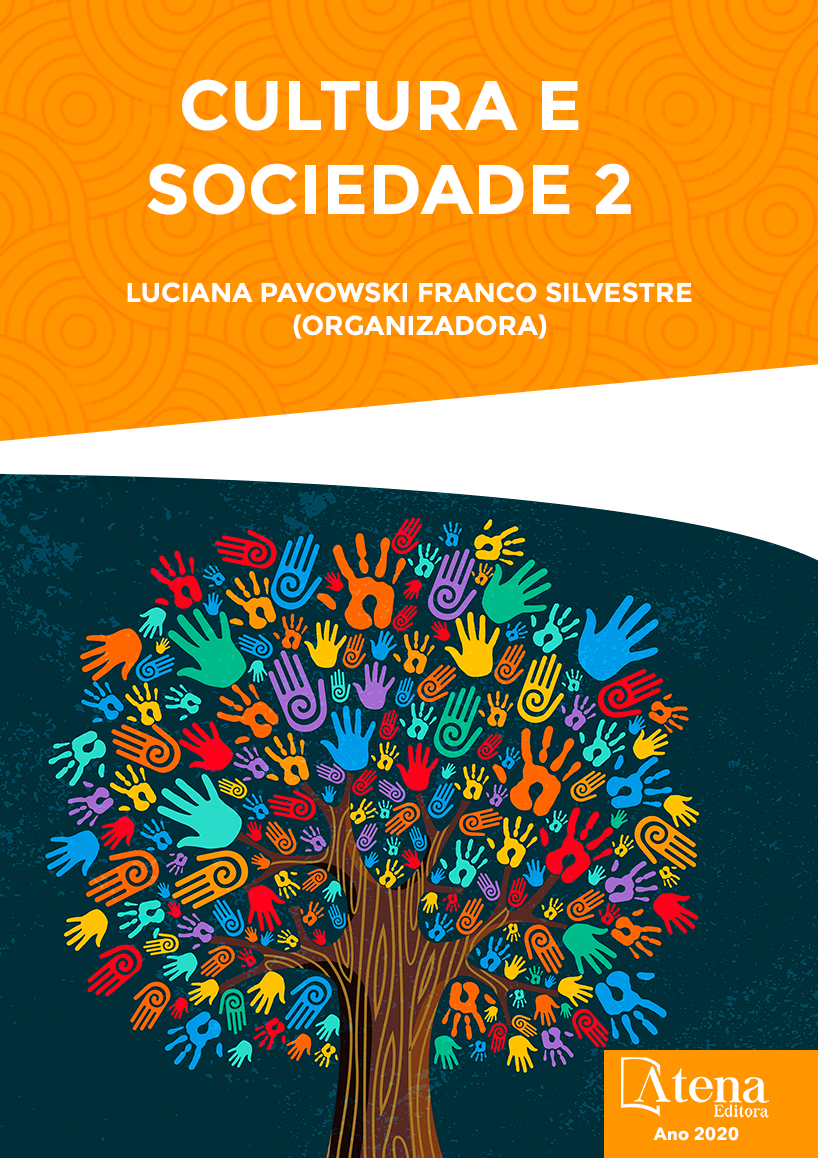
AS REPRESENTAÇÕES FEMININAS NA OBRA DESONRA DE J.M. COETZEE
Este trabalho pretende analisar a
representação da condição feminina no romance
sul-africano Desonra (1999) do escritor J.M.
Coetzee. Traduzido por José Rubens Siqueira
e publicado pela editora Companhia das Letras.
O romance retrata como pano de fundo, o
contexto social pós-colonial na África do Sul e a
perda da hegemonia branca. Especificamente
o período pós-apartheid marcado por intensos
conflitos inter-raciais, sociopolíticos e o medo
advindo de duras leis segregacionistas e
longos anos de dominação colonial. Período
em que foram ceifadas riquezas naturais,
culturais, e até mesmo os corpos e vidas dos
Sul Africanos. Metaforicamente, a dominação
dos corpos femininos corresponde ao ato de
colonizar a terra, possuí-la. A obra revisita
os acontecimentos históricos, denuncia a
violência contra povos nativos e as disputas por
território por um viés pouco aprofundado pelas
Literaturas pós-coloniais. Através da visão e
ação do protagonista David Lurie enfatiza a
mudança de posições sociais e inversão de
poder que ocorreram nesse período. Explorou
o medo sentido em relação à violência do
revide histórico, sentiu-se deslocado sem
alternativas. Coetzee trabalha todos estes
tópicos literariamente para alcançar uma maior
ressonância artística. A análise teórica do estudo
partirá dos conceitos sobre dominação feminina
discutidos por Bourdieu (2002), estudos póscoloniais
e resistência discutidos por Bonnici
(2012), Fanon(1968) e Bhabha (2003). Esta
abordagem promove um constante diálogo entre
a cultura e o imperialismo para a compreensão
de aspectos políticos e culturais em momentos
de descolonização com o intuito de favorecer
os marginalizados e oprimidos resgatando sua
história, sua autonomia, além de promover uma
abertura democrática do debate acadêmico.
AS REPRESENTAÇÕES FEMININAS NA OBRA DESONRA DE J.M. COETZEE
-
DOI: 10.22533/at.ed.4542012034
-
Palavras-chave: África do Sul; Apartheid; Condição feminina; Inversão de poder.
-
Keywords: South Africa; Apartheid; Female condition; Reversal of power.
-
Abstract:
This work intends to analyze the representation of the feminine condition
in the South African novel Disgrace (1999) of the writer J.M. Coetzee. The novel
portrays as a backdrop, the postcolonial social context in South Africa and the loss of
white hegemony. Specifically the post-apartheid period marked by intense interracial,
sociopolitical conflicts and fear arising from harsh segregationist laws and long years of
colonial domination. A period in which natural, cultural, and even the lives and bodies
of South Africans were harvested. Metaphorically, the domination of the female bodies
corresponds to the act of colonizing the earth, possessing it. The book revisits historical
events, denounces the violence against native peoples and the disputes over territory
for a little biased in the postcolonial Literatures. Through the vision and action of the
protagonist David Lurie emphasizes the change of social positions and inversion of
power that occurred in that period. He explored the sense of fear in relation to the
violence of historical revolt, he felt displaced without alternatives. Coetzee works all
these topics literarily to achieve a greater artistic resonance. The theoretical analysis
of the study will depart from the concepts of female domination discussed by Bourdieu
(2002), postcolonial studies and resistance discussed by Bonnici (2012), Fanon (1968)
and Bhabha (2003). This approach promotes a constant dialogue between culture
and imperialism for the understanding of political and cultural aspects in moments of
decolonization with the aim of favoring the marginalized and oppressed, rescuing their
history, their autonomy, and promoting a democratic opening of academic debate.
-
Número de páginas: 10
- Alyne de Sousa Jardim


